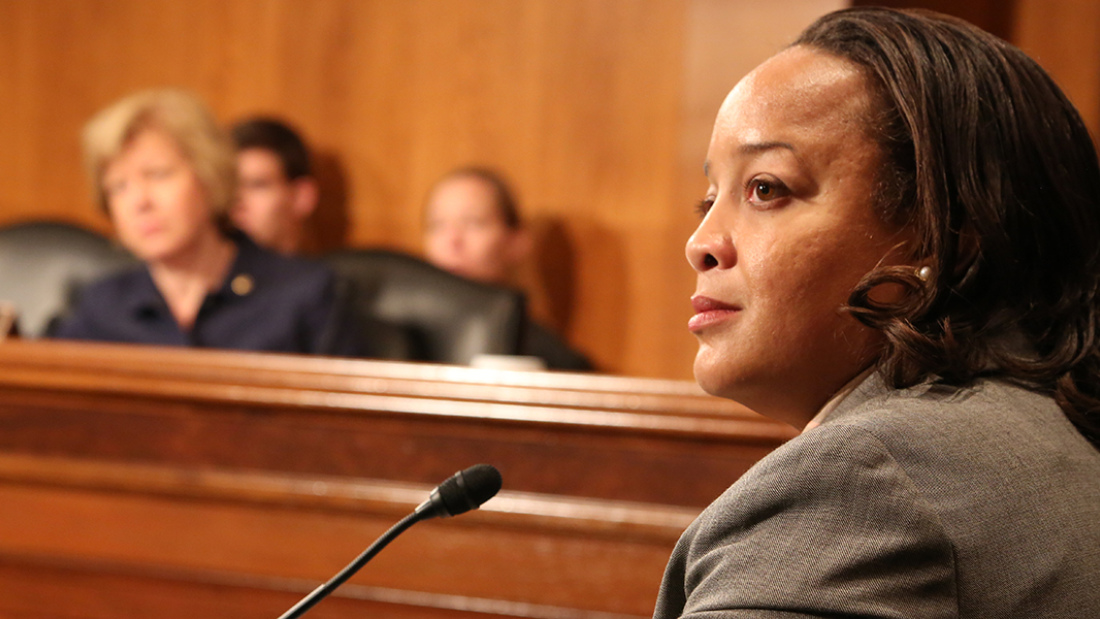Fixing FAFSA

It’s one of the dispiriting frustrations in American education: A financial aid system designed to provide funding to help students go to college is far too complex, leading untold numbers of them to leave the money on the table, along with their college aspirations.
How we learned that simple is better (a lot better) when it comes to financial aid and other bureaucratic barriers to college.
Before Dean Bridget Long began working with colleagues to publish research showing just how costly the complex bureaucracy was, it was a failure that went largely unspoken. Confronted by the dense obscurity of the Free Application for Federal Student Aid (FAFSA), millions of otherwise capable students, who had done everything they could to position themselves for success, found themselves stymied. In 2018–2019, 43% of high school seniors in the United States didn’t submit the FAFSA — missing the chance at $24 billion in available funding for college.
But Long’s work has intensified the spotlight on that lost potential. By tying FAFSA and other systemic barriers to broader issues of equity — to the ability of low-income students, first-generation students, and students whose home language isn’t English to enroll in and successfully complete college — Long has propelled the conversation and fueled solutions.
In an oft-cited 2012 paper, she and coauthors described the results of a simple, 10-minute intervention where tax preparers from H+R Block helped low-income families also fill out the FAFSA. Families’ tax information pre-populated the FAFSA form, and counselors assisted on the remaining questions. The experiment had an incredible effect. College enrollment rates for those offered the support increased by 30 percent among high school seniors and 20 percent for young adults already out of high school. Once in college, those students stayed longer, too. And low-income students benefited the most.
She followed that experiment by documenting other ways in which clear and timely information about financial aid can affect enrollment. And she has worked to remove other systemic roadblocks to college access and outcomes, focusing again on simple fixes and timely communication designed to increase awareness about easier college savings plans and about whether remedial college courses really help students succeed.
Along the way, her policy and legislative advocacy — including an appointment by President Obama to the National Board of Education Sciences — has helped usher in an era where the promise of FAFSA completion is well understood and FAFSA “completion challenges” are common in schools and across social media. And Long’s quest to solve the underlying problem — to fix the FAFSA form — continues. The FAFSA Simplification Act — with roots stretching back to her 2013 congressional testimony — was signed into law in December 2019. – Bari Walsh
Learn More and Connect
Watch Bridget Long deliver the AERA Centennial Lecture on supporting college student access and success.
Read her 2013 testimony before the U.S. Senate Committee on Health, Education, Labor, & Pensions (HELP).
Learn how to lead for student success at HGSE’s new professional seminar for higher education leaders on removing barriers to college access and completion.
